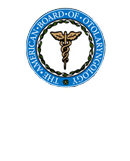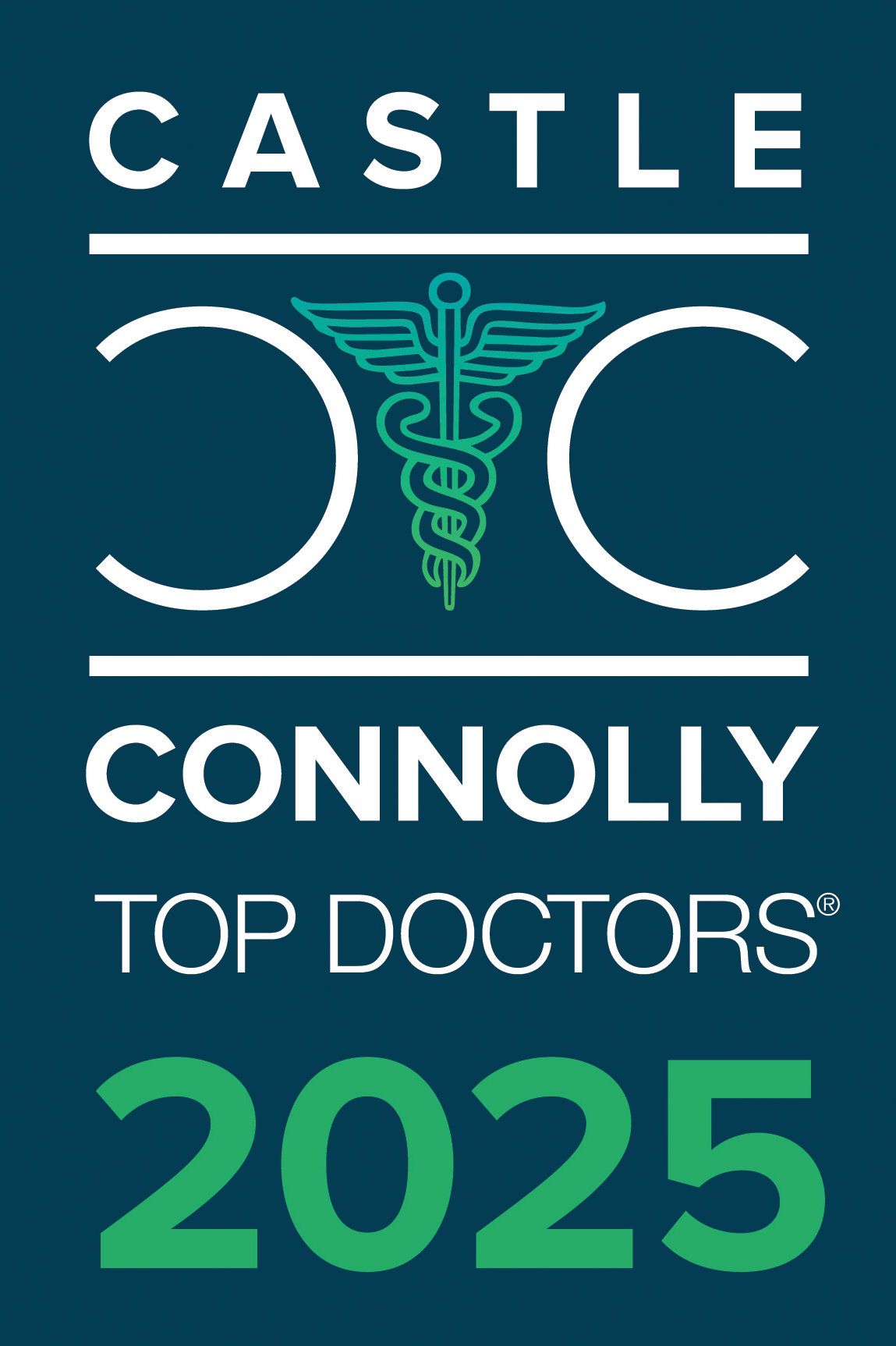Recognizing the Transition: 10 Signs Your Cold Has Evolved into Sinusitis
While a common cold is often perceived as a temporary inconvenience, it can sometimes progress into a more prolonged and uncomfortable condition known as sinusitis. Sinusitis, or a sinus infection, occurs when the sinuses become inflamed due to viral, bacterial or fungal infections. Recognizing the signs that your cold has developed into sinusitis is crucial for seeking timely medical intervention. Here are 10 key indicators of developing sinusitis.
1. Prolonged Cold Symptoms
A typical cold usually lasts for about one to two weeks. If your cold symptoms persist beyond this timeframe or worsen instead of improving, it may be an indication that a sinus infection has developed. Sinusitis often follows or accompanies a lingering cold, with symptoms intensifying over time.
2. Persistent Nasal Discharge
While a cold is characterized by a runny or stuffy nose, sinusitis tends to produce a thicker and more persistent nasal discharge. If the nasal discharge becomes yellow or green, it could suggest a bacterial infection in the sinuses. This change in color indicates an increased presence of white blood cells combating the infection.
3. Facial Pain or Pressure
One of the hallmark signs of sinusitis is the development of facial pain or pressure, often concentrated around the forehead, cheeks and eyes. The inflamed sinuses can exert pressure on the surrounding areas, leading to discomfort. This is a distinguishing feature that sets sinusitis apart from a common cold.
4. Headache
Sinus headaches are common in individuals with sinusitis. These headaches are often characterized by a deep, persistent pain in the forehead, bridge of the nose or cheekbones. The headache may intensify when bending forward or during sudden movements.
5. Toothache and Jaw Pain
The inflammation of the maxillary sinuses, located near the upper molars, can result in toothache or jaw pain. This is a distinctive symptom of sinusitis that may not be present during a simple cold. The pain is often described as a dull ache in the upper teeth or jaw.
6. Reduced Sense of Smell and Taste
Sinusitis can affect the olfactory nerves, leading to a diminished sense of smell and taste. If you notice a significant reduction in your ability to smell or taste, especially in conjunction with other sinusitis symptoms, it could be an indication of sinus involvement.
7. Coughing at Night
While both colds and sinusitis can cause coughing, individuals with sinusitis may experience a cough that worsens at night. The postnasal drip resulting from sinus drainage can irritate the throat, triggering or intensifying nighttime coughing.
8. Fatigue and Generalized Discomfort
Sinus infections can be draining on the body, leading to increased fatigue and a general feeling of malaise. If your cold symptoms are accompanied by persistent fatigue and an overall sense of unwellness, it may suggest sinusitis.
9. Fever
While a common cold rarely causes a fever, sinusitis, especially of bacterial origin, can be accompanied by an elevated body temperature. If you develop a fever along with other sinusitis symptoms, it indicates a more significant infection that may require medical attention.
10. Worsening Eye Symptoms
In some cases of sinusitis, individuals may experience worsening eye symptoms, such as redness, swelling or even blurred vision. This can result from the proximity of the inflamed sinuses to the eye sockets.
If you experience persistent or worsening symptoms indicative of sinusitis, it is crucial to seek medical attention. A healthcare professional can assess your condition, perform diagnostic tests if necessary and prescribe appropriate treatments, which may include antibiotics for bacterial infections, decongestants or other supportive therapies. If sinusitis is diagnosed and persists after initial medical treatment, you may need to seek treatment from a sinus specialist like Dr. Gregory Levitin at New York Sinus Treatment.
Recognizing the signs that your cold has evolved into sinusitis is essential for prompt and effective management. Persistent nasal discharge, facial pain, headaches, toothaches and other distinctive symptoms signal the transition from a common cold to sinusitis. If you believe you have sinusitis, contact New York Sinus Treatment for intervention and appropriate treatment to alleviate discomfort and expedite recovery.













